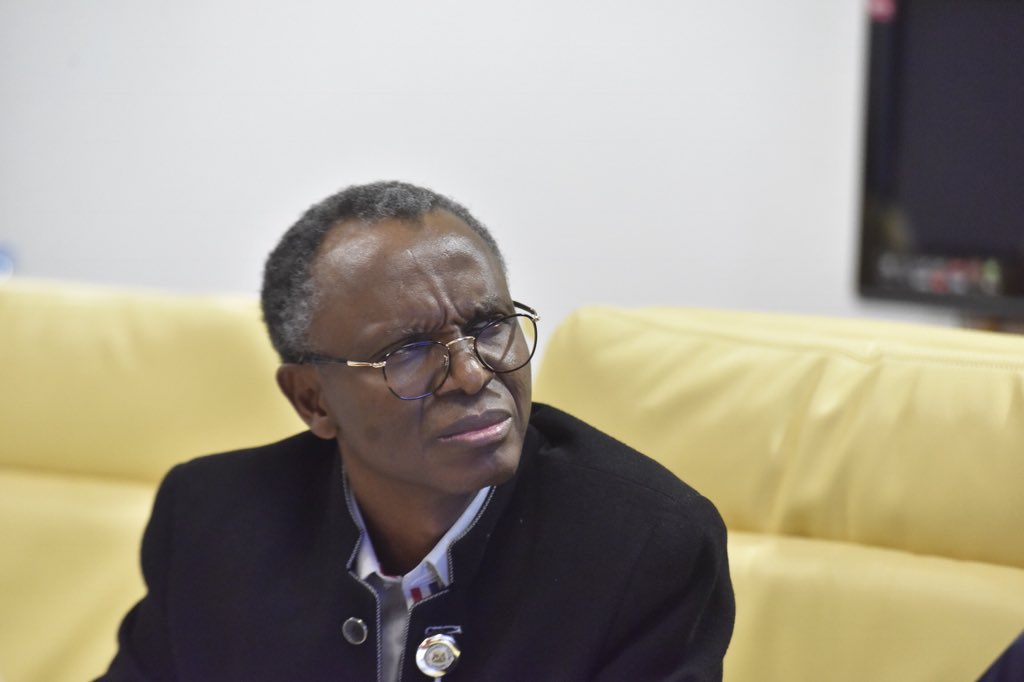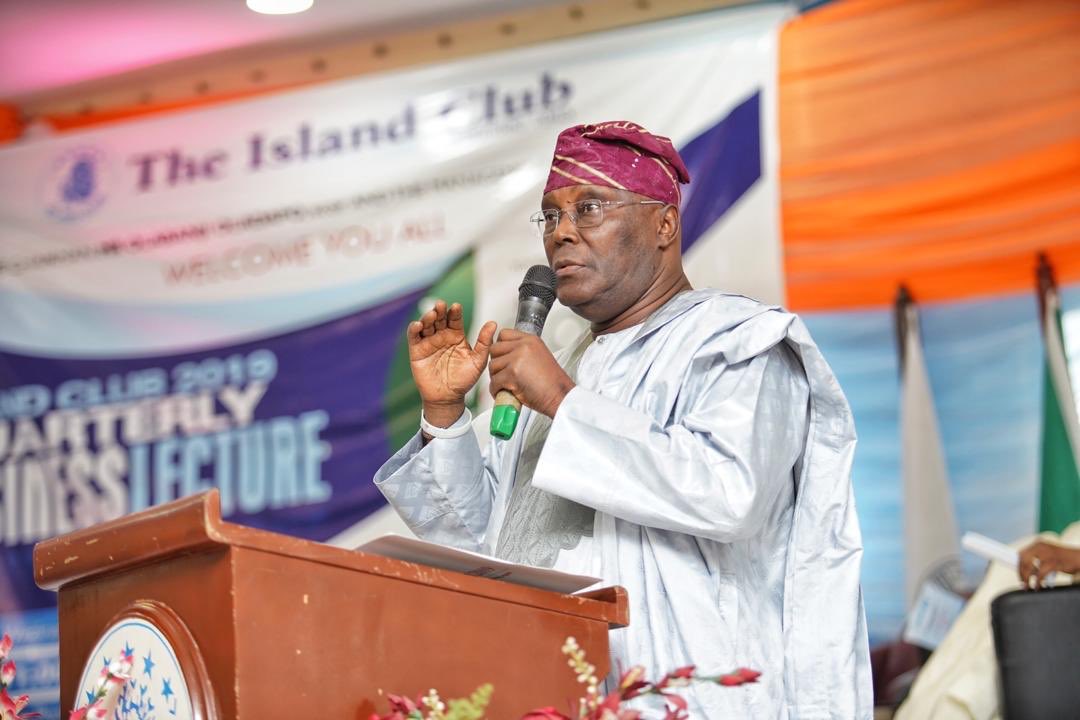A placard displays, "Buy local products, create mass jobs"
It’s not uncommon to find young graduates lament the paucity of employment opportunities in our economy. Even in good times, when the economy was growing at 7 to 8%, the jobs never went round. I remember many (though not all) members of my graduating set got a job within 12 months of completing NYSC. But then I also recall the Nigerian economy grew by 10.3% in 2003 largely driven by the mobile telecoms boom.
As the years went by and the global economic crisis of 2008/2009 set in, there was a marked reduction in entry-level job openings. GDP growth for 2015 is estimated at 3-4% while the 2016 forecast is equally not so impressive. At the same time, the number of graduates continues to rise and there tends to be a common question: What do I do next?
My suggestion is simple: address your gaps. Every young person coming out of the university most likely is confronted with three main categories of what I’ll call resource gaps. The first gap is the vision/identity gap. The second is the content gap. And the third is the skill or competency gap. Addressing these gaps in a constructive way not only gives a young person an edge in the market place, it provides a strong platform on which the individual can build a meaningful professional life. I’ll discuss each gap in turn.
First, the vision/identity gap. The most common element I observe in most graduates (with the exception of law and medical students) is that the individual does not know what he or she wants to do. It’s clear from the CVs and it’s clearer when you ask questions. Most graduates simply have no career vision or professional identity. For the few that appear to have something, it’s usually too vague to be meaningful.
Advertisement
Second, the content gap. Most graduates know too little about the world of industry around them or relating to their discipline. A law graduate should know the top law firms, the key practice areas of the legal profession and practical applications of the university or law school curriculum. An accounting graduates should be closely familiar with company accounts, changes in accounting standards as well as instances of accounting scandals. Again, he or she should be able to apply his or her knowledge of accounting or finance in problem-solving or solutions development contexts.
Third, the skills gap. Too many graduates have very week business computing and other technical skills. Developing a clean, well-structured presentation or a simple letter could be very challenging if not impossible with many who consider they deserve a place in a company. Time management, teamwork and other soft skills are equally essential but often lacking.
Why do we see these gaps? The educational system is largely not application-driven. Rather it rewards and encourages ability to recall information. Also, the pursuit of grades sometimes inevitably forces many to abandon their true strengths in search of mere recognition for academic distinction.
Advertisement
In the workplace however, the emphasis is different. Employers and businesses in particular prioritize capacity for productive work above every other trait. Ability to work with others is a very close second. The individual is required to possess that ability to collaborate. Then he must make that ability count within the context of a team. Over time, leadership and managerial abilities become more important. At the moment, none of these traits is an integral part of the school system in most parts of Africa, especially at the university level.
How do we address the gaps? First the vision and identity gap. We should start with the old admonition of the ancient philosopher: “Man know thyself”. Self-discovery and choice of a person’s place in society is a fundamental decision. It’s the foundation upon which excellence is built over the years. So let’s ask our young men and ladies: what do you want to do? And let’s not rest until they provide answers that are valid and compatible with their abilities and natural graces.
Addressing the content gap demands that the individual recognizes the knowledge demands of his chosen field. Then he has to go to work and put in the hours to acquire the required knowledge through study, observation, and association. Let’s say to them: “Identify and acquire the knowledge you need”. Learning will never stop, but more often than not, the knowledge you will require for any particular role or even task cannot be acquired overnight. So, go to work and address your most pressing knowledge gaps. Understand the practice areas and drive your mind to study, learn, revise and apply.
Lastly, address your skill gaps. What must you learn to do? Knowledge may come through studying, but skills can only be developed through practice. It can’t be done in a passive manner. Let’s get our younger ones active. Let’s get them to build spreadsheets using the computer. Let’s get them to work on and interpret budgets. Let’s get them to write letters. Let’s get them to develop business plans. If they are architects, let’s get them to design malls, bridges, hotels etc. Let’s get them to develop market prototypes for new products. Let’s get them to assist with book-keeping in a family business. Let’s get them to draft speeches and take minutes at meetings. Again, there is plenty of free guidance on each of these topics on the Internet. For example, a person does not need a degree in accounting to learn how to use and analyse financial statements. Thirty-six hours (e.g. 2 hours x 18) of careful study and hands-on application can make a vast difference. This is true of many skill areas.
Advertisement
In doing all of these, we would be bringing out the star in them. We would be placing them on a stronger footing than another degree can give them (unless they are going into academics). Then, when we try to help them get jobs, it would be far less challenging and they in turn would be far more competitive.
A young graduate should always remember that the first degree is a mere foundation where you learn two basic skills: how to reason and how to relate. He/she can build on this foundation in line with his/her vision or interests, but whatever the choices, it is important to discover ones’ gaps, address those gaps and bring out the best professional from within.
Adeoye, CFA, is director of Fritova International Limited.
e: [email protected]
m: +234.909.900.6000
Advertisement
Views expressed by contributors are strictly personal and not of TheCable.
Add a comment







